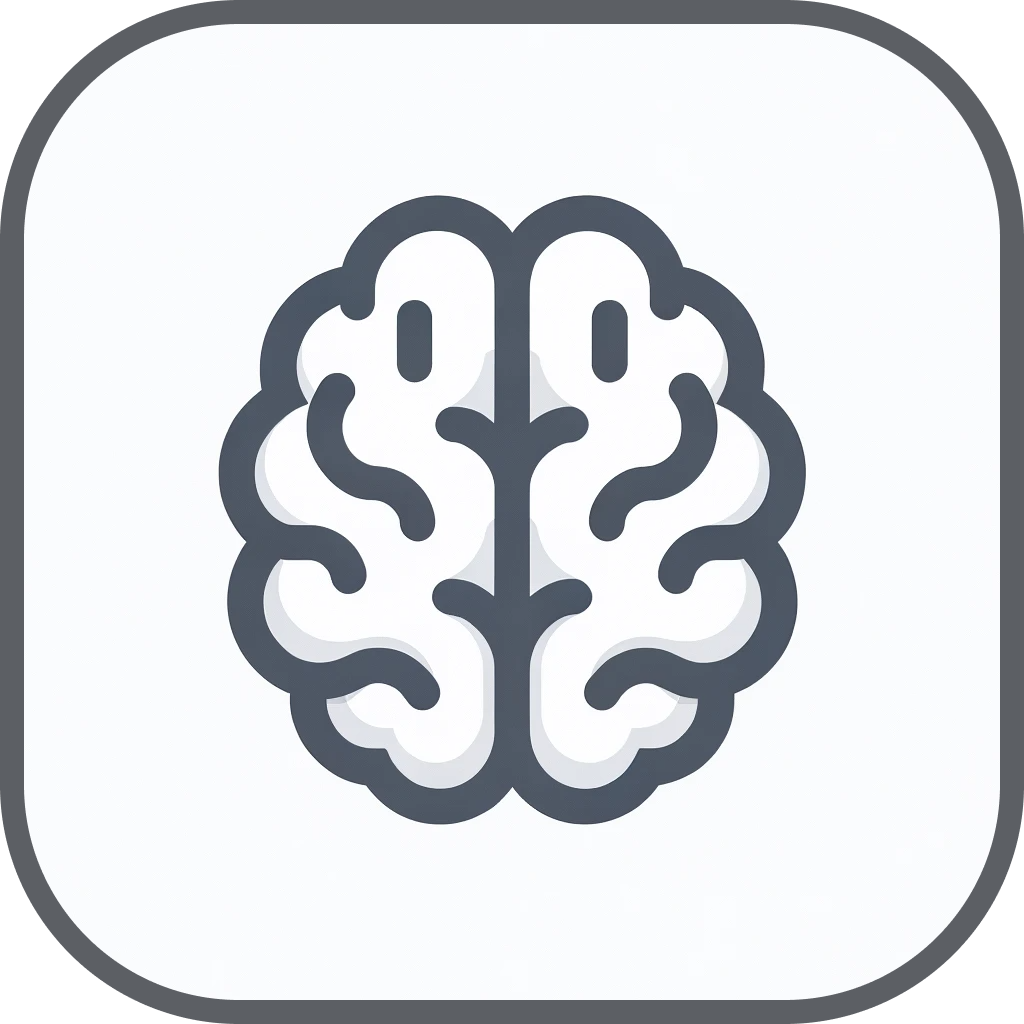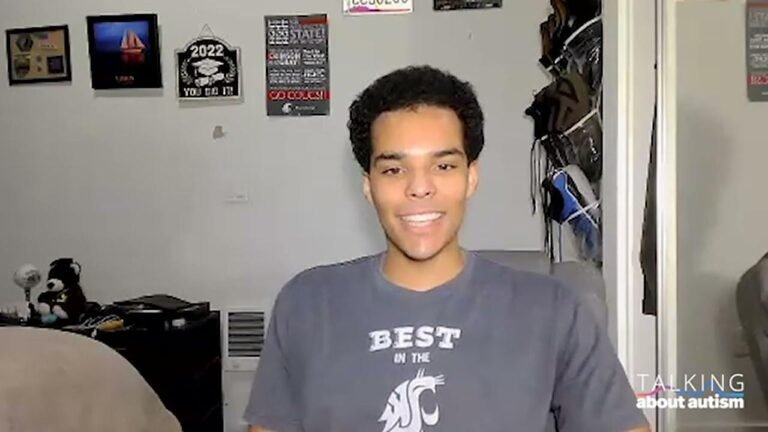Reducing the Risk of Autism: What Parents Must Know about a Major Cause | Insights from Dr. Suzanne Goh
Autism is like a wild, mysterious puzzle 🧩 with unique pieces that fit together in unexpected ways. The causes can be as diverse as the solutions. Genetics, environmental factors, and brain development all play a role. But the real challenge is understanding and embracing the unique neurodiversity of every individual. Let’s approach autism with compassion, acceptance, and a commitment to finding the truth and functional solutions.
The Complex Factors Behind Autism 🧬
Understanding the various factors that can contribute to the development of autism is crucial for parents and caregivers. Genetic and environmental influences play a significant role in determining a child’s risk of developing autism. These influences may include duplications, environmental toxins, parental age, and neurological injury.
Contributing Factors to Autism Development
| Factor | Description |
|---|---|
| Genetic Influences | Certain genetic duplications can increase the risk of developing autism. |
| Environmental Toxins | Environmental factors, such as exposure to toxins, can impact the development of autism. |
| Parental Age | Advanced parental age has been linked to an increased risk of autism in children. |
| Neurological Injury | Injuries to the brain or spinal cord can also be a contributing factor to the development of autism. |
Greater Understanding Leads to Better Diagnosis 👩⚕️
The diagnosis of autism has seen significant advancements in recent years, leading to greater accuracy in identifying the condition. By recognizing differences in communication, interests, and activities, medical professionals are better equipped to diagnose autism accurately.
Keys to Accurate Autism Diagnosis
| Key | Description |
|---|---|
| Communication Differences | Identifying variations in communication patterns is crucial to accurate autism diagnosis. |
| Identifying Interests and Activities | Understanding a child’s unique interests and activities aids in the diagnosis of autism. |
| Flexibility and Thoughts | Observing a child’s behavior and thought patterns is essential in the diagnosis process. |
Understanding the Brain’s Role in Autism 🧠
Research has revealed that autism is closely linked to brain function and development. Enhanced knowledge of neurological components and brain development has paved the way for more effective diagnosis and treatment of autism.
Key Findings on Autism and Brain Development
| Finding | Description |
|---|---|
| The Neuronal Connection | Understanding the connection between the brain and autism is crucial for effective diagnosis and treatment. |
| Immune System Activation | Research has identified immune activation as a significant contributor to autism in newborns. |
| Mitochondrial Dysfunction | Dysfunction in the brain and body’s mitochondria has been associated with the development of autism. |
Practical Approaches to Autism Diagnosis and Treatment 📊
Medical professionals play a crucial role in accurately diagnosing and treating autism. With the rise in autism cases, there is a growing need for specialized practitioners who can identify the condition early and provide appropriate care.
Steps in Autism Diagnosis and Treatment
- Early Diagnosis and Intervention: Early detection and intervention significantly improve outcomes for children with autism.
- Regulatory Disturbances: Addressing disturbances in regulatory systems is essential for effective autism treatment.
- Neurological Interventions: Various neurological interventions can positively impact the lives of individuals with autism.
The Impact of Nutritional Factors on Autism 🥦
Nutritional and dietary factors have been found to play a significant role in the manifestation and management of autism. From addressing nutritional deficiencies to implementing dietary changes, there are various considerations for supporting individuals with autism.
Nutritional Factors Affecting Autism
| Factor | Description |
|---|---|
| Magnesium Deficiency | Magnesium deficiencies can exacerbate chronic constipation, which is common in individuals with autism. |
| Gut Microbiome Diversity | Understanding the diversity of gut microbiota is crucial for addressing gastrointestinal issues in individuals with autism. |
| Nutrient-Dense Diets | Nutrient-dense diets can have a positive impact on cognitive function and overall health in individuals with autism. |
Innovative Approaches to Autism Care and Support 🎮
Innovative technology and interventions have expanded the possibilities for supporting individuals with autism. From educational games to neuro-stimulating devices, there are diverse tools available to enhance the quality of life for individuals with autism.
Advanced Technology in Autism Support
| Technology | Description |
|---|---|
| Educational Games and Apps | Interactive games and applications designed for individuals with autism can aid in socialization and communication skills. |
| Neuro-Stimulating Devices | Innovative devices that stimulate the nervous system can provide therapeutic benefits for individuals with autism. |
| Co-occurring Conditions Management | Incorporating medical and metabolic support to manage co-occurring conditions such as anxiety and metabolic disorders in individuals with autism. |
Creating an Inclusive Environment for Neurodivergent Individuals 🌍
Fostering understanding, acceptance, and accessibility is essential in creating an inclusive society for neurodivergent individuals. Recognizing the unique contributions and challenges of individuals with autism is crucial for promoting positive social change and support.
Initiatives for Neurodivergent Inclusion
| Initiative | Description |
|---|---|
| Compassionate Awareness | Promoting compassionate awareness and acceptance of neurodivergent individuals in society. |
| Functional and Truthful Education | Providing truthful and comprehensive education about autism to dispel misconceptions and foster understanding. |
| Optimizing Support Systems | Optimizing support systems to navigate the challenges faced by families and caregivers of individuals with autism. |
Remember, every individual with autism brings unique gifts, and it is essential to embrace neurodiversity with empathy and support. Let’s strive to create a world where individuals with autism are valued and empowered to reach their full potential.








